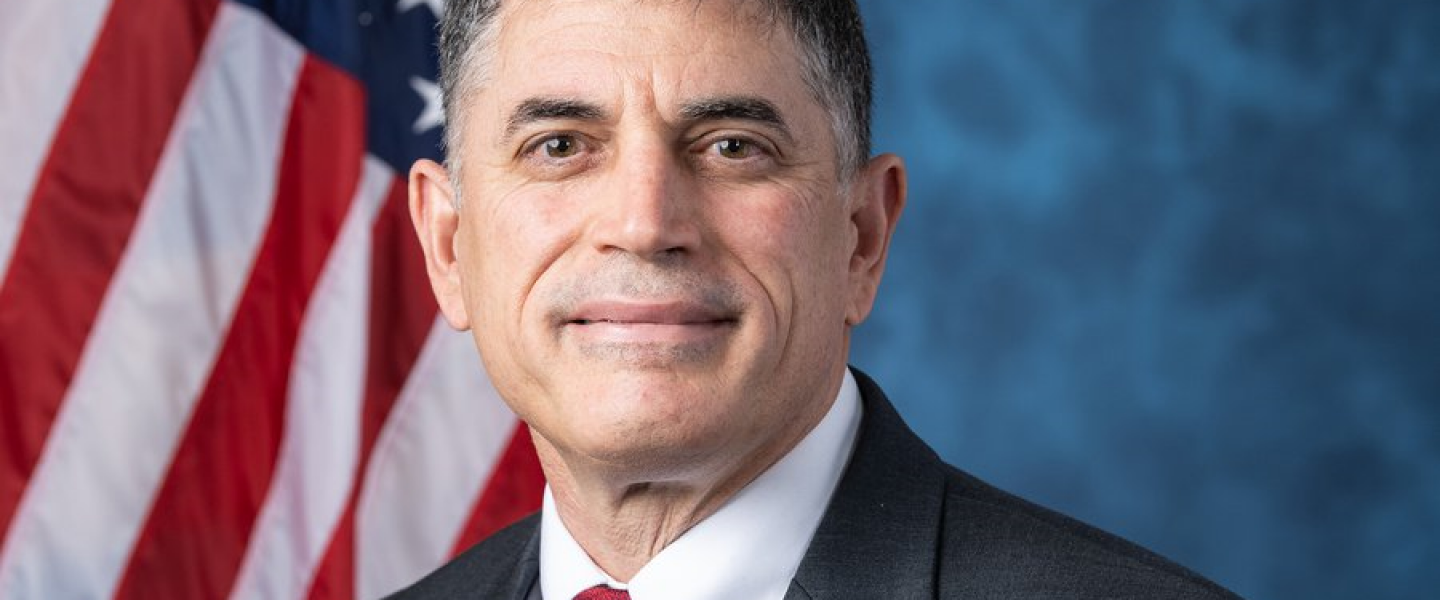Gun Company-Owning Lawmaker Hit With Ethics Complaint Over Self-Serving Actions
Rep. Andrew Clyde (GA) has attempted to overturn or weaken a new federal regulation that imposes stricter rules on pistol braces, which are produced by a company he owns.
|
Listen To This Story
|
Rep. Andrew Clyde (R-GA) is not only a member of Congress but also the proud owner of a gun company. While that is totally fine, the fact that he has been introducing legislation that would serve his personal business interests is not, according to a government watchdog group that filed an ethics complaint against the lawmaker on Wednesday.
At issue are Clyde’s attempts to overturn or weaken a new federal regulation that imposes stricter rules on so-called pistol braces, which had been used in recent mass shootings. These are stabilizing devices that make the weapons more dangerous, the government said when finalizing the rule earlier this year.
“Today’s rule makes clear that firearm manufacturers, dealers, and individuals cannot evade these important public safety protections simply by adding accessories to pistols that transform them into short-barreled rifles,” Attorney General Merrick Garland said at the time.
Well, one gun company owner took steps that would allow him to do just that: Clyde.
After the regulation was put in place, the lawmaker, whose company sells these braces, introduced legislation and a congressional resolution that would either get rid of the regulation altogether or eliminate parts of it.
In addition, Clyde has advocated for his legislation everywhere from the House floor to his social media accounts.
And that is an ethics violation, the government watchdog group Citizens for Responsibility & Ethics in Washington (CREW) charged in an official complaint.
While lawmakers are allowed to vote on issues that affect their personal interests, ethics rules state that they are not allowed to introduce legislation to that effect.
“Representative Clyde’s apparent efforts to use his official position to protect and boost his personal financial interests are not in line with the ethical behavior Americans expect from our elected representatives,” said CREW President Noah Bookbinder. “Clyde’s financial interests in this matter mean we can’t help but ask whether he is prioritizing his own profits over public service and public safety.”
Citing the House Ethics Manual, CREW states in its official complaint to the Office of Congressional Ethics that the rules are clear: “Members normally should not engage in other official actions, such as sponsoring legislation, advocating or participating in a committee proceeding, or contacting an executive branch agency, when their financial interests are at issue.”
The complaint then details all of the actions Clyde has taken that appear to violate House rules.
“By using his position to introduce, sponsor, and advocate for legislation benefiting his personal financial interest, Rep. Clyde appears to have attempted to provide a financial benefit to himself in violation of [House rules],” the group said.
Urging the Office of Congressional Ethics to investigate the matter, Bookbinder argued that it is exactly this kind of behavior the rules are supposed to prevent.
“We need our representatives to be making decisions based on what is best for the American people, not their own bottom line, which is why the House has the rules that Clyde appears to be violating,” he said.

